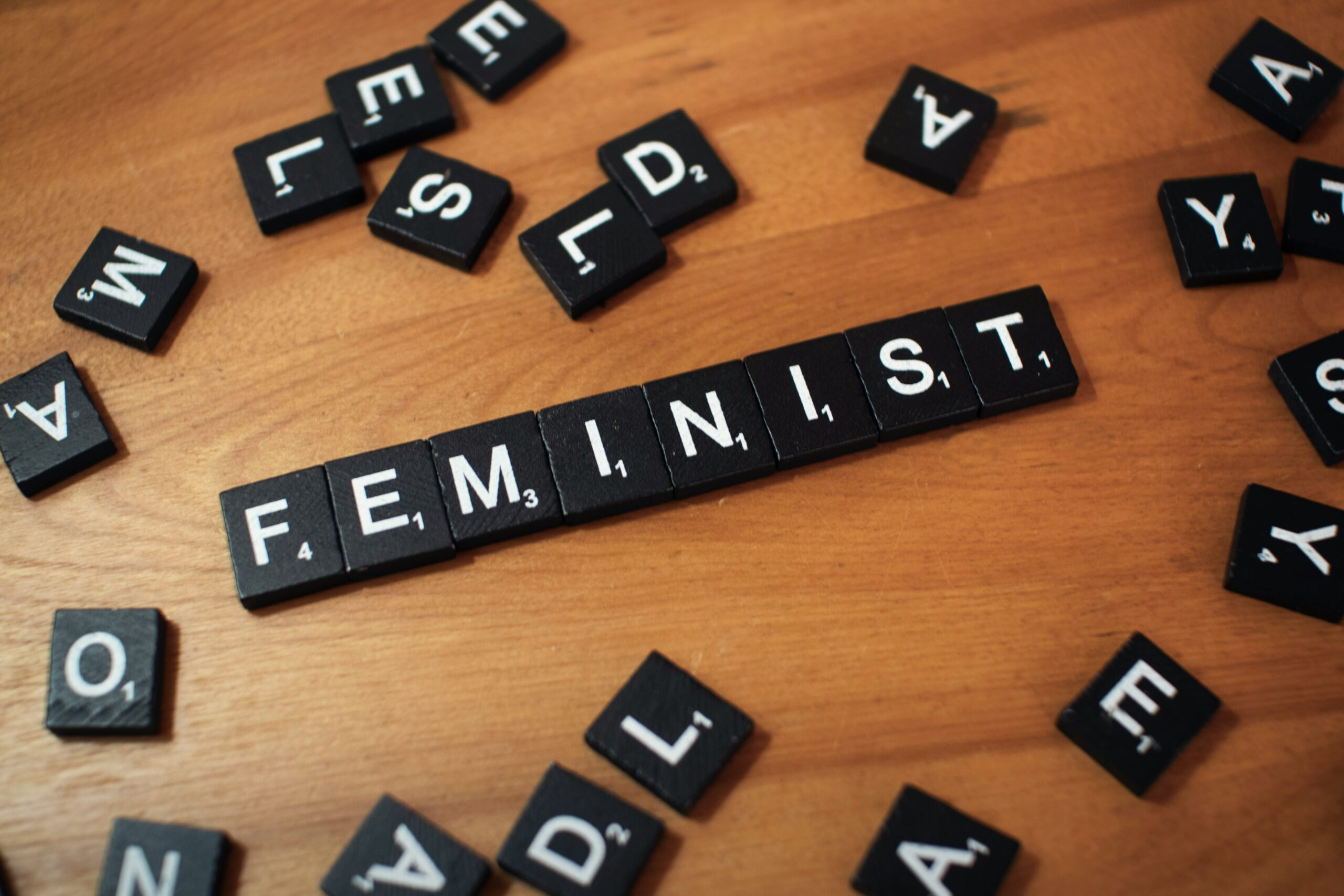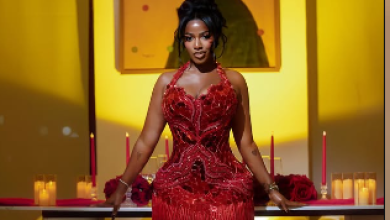
|
Getting your Trinity Audio player ready...
|
There’s an unspoken rule that feminism must stay agreeable: women can speak up, but only if they do it nicely. Say the right thing, at the right time, in the right tone—or don’t say it.
Apparently, feminists are failing not because the movement lacks merit or impact but because it isn’t well-liked, as though being unpopular somehow discredits the fight for equality. History shows us a different reality—most revolutionary movements and figures (that men ironically gush over and admire) weren’t popular. They were feared, misunderstood, and frequently vilified.
Martin Luther King Jr., despite his commitment to nonviolence, was under government surveillance. He was branded a threat and broadly unpopular with the public while he lived. The civil rights movement was met with aggression and hostility because it demanded change from a system, a cast(e) culture of doing things when there’s nary a thing illogical about the concept of equal rights, despite one’s looks.
The suffragettes faced the same fate. They were jailed, force-fed, and brutalised for daring to demand what now seems basic: the right to vote.
Anti-apartheid activists were tortured and exiled.
The Haitian Revolution was fierce and uncompromising, led by formerly enslaved people.
The French Revolution toppled the monarchy through unrest and revolt.
Russia and China restructured entire societies through ideological and often violent means.
There are many more examples, and they were not admired during their time for each of these movements. Their success, however, was a different ball game, and no one demanded that they be charming to gain credibility. Yet, feminism is routinely told to soften its tone, to earn its place by being more likeable.
It’s worth mentioning that this ‘suggestion’ isn’t from any place of concern or affectation for the cause of feminism, no. The audacity to require a cause that stands for women’s liberation to conform to the very same standards it is against, just so it can make headway.
Resist oppression, but do it with a smile. Speak up, but stay soft. Challenge power, but don’t provoke discomfort. Once a woman drops the performance of likeability or breaks out of the mould to be warm and agreeable, her legitimacy is questioned. This standard, on the other hand, doesn’t apply to male-led movements. Masculinity can be forceful or confrontational without being penalised.
Feminism is not here to make entrenched power feel comfortable. It is a political movement addressing gendered imbalance, and like every serious movement in history, it is not meant to be a roller-coaster ride at a fair.
Discomfort is part of progress, and all movements that pursued rights for one group of persons or the other did so by rejecting compliance and quietude. So feminism’s “unlikeability” isn’t a weakness. It’s evidence of its unapologeticness in the face of mischaracterisation.
Liberation movements aren’t supposed to flatter the systems they seek to dismantle; they are supposed to hold them accountable.
So dislike feminists all you want for being unflattering, for refusing to be ‘approved’ by you, for refusing to perform as you wish, but remember that justice has nothing to do with any of these. Feminism is here to be heard, and while likeability is an add-on, liberation is not optional.






